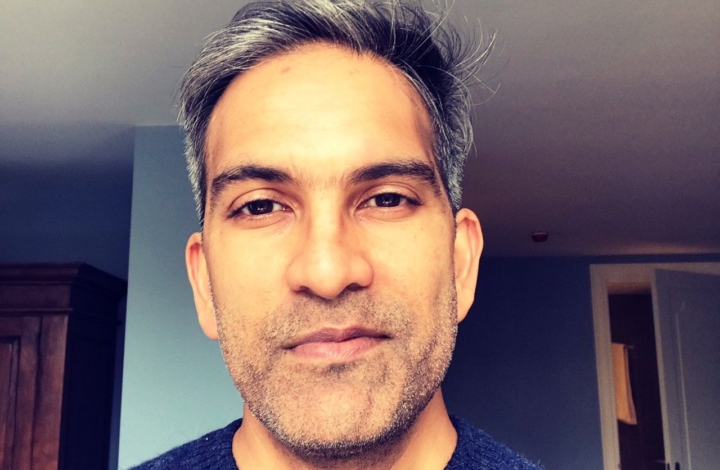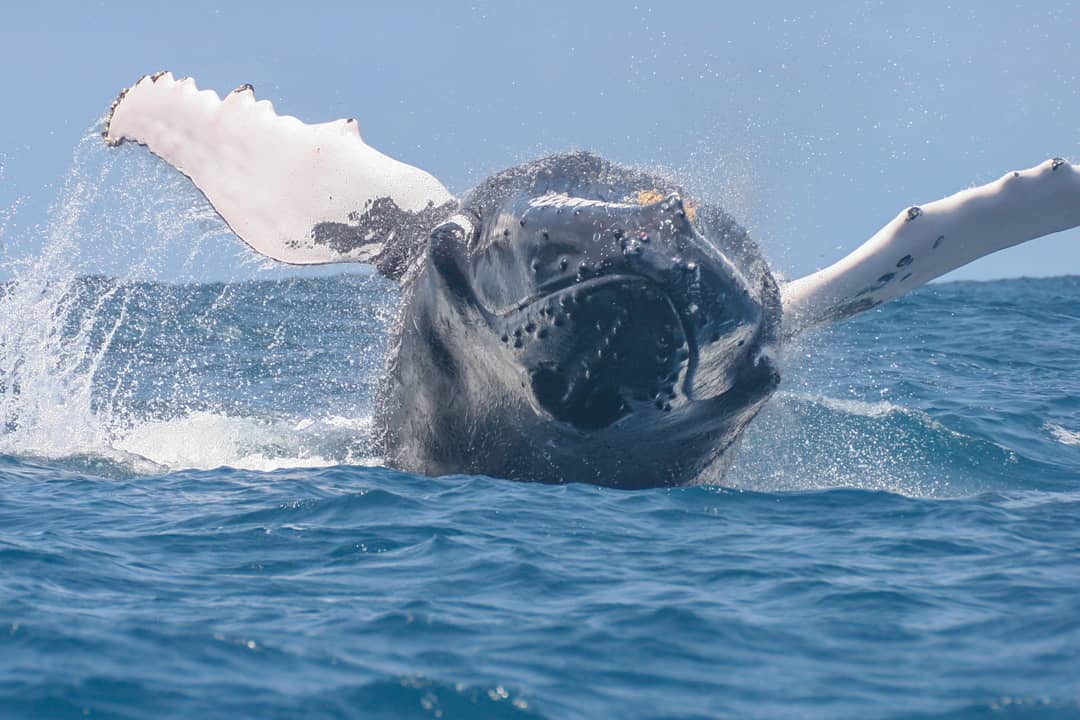Rahul Rao
NIAS Fellow

Project title
What Whales Want: a whale-oriented world order
Research question
How would imagining a world order constructed around the needs of animals, and specifically whales, unsettle our thinking around core preoccupations in social and political theory?
Project description
Whales have a uniquely unstable place in sociopolitical thought. Figured as Leviathan – the sea monster – the whale represents absolute surrender to God in the Book of Job and to the state in Hobbes’s eponymous text. But whales have also been treated as a natural resource ‘harvested’ by an industrial capitalism that hunted them to commercial extinction. In a post whaling moratorium world, the very societies that once hunted whales now regard them as totems for intelligence and emotional depth, in a belated and weak echo of Indigenous cosmologies that have long centred whales. Whales thus trouble the categories of humanist and posthumanist inquiry alike, simultaneously appearing subhuman, somewhat human and more-than-human.
Drawing inspiration from the more-than-human turn in the humanities and social sciences as well as a discernible interest in aquatic life in queer and trans studies, Rahul Rao asks how taking seriously the strivings of whales might unsettle thinking around core preoccupations of social and political thought. More specifically how have the interactions and entanglements between humans and whales forced them to revise and reconceive their worldmaking projects?

Humpback whale, photo by Conor Ryan
Selected publications
- The Psychic Lives of Statues: Reckoning with the Rubble of Empire (London: Pluto Press, 2025).
- Out of Time: the queer politics of postcoloniality (New York: Oxford University Press, 2020).
- Third World Protest: Between Home and the World (Oxford: Oxford University Press, 2010).
More about myself
Project description NIAS fellowship September 2021 – June 2022
Titel: The Psychic Lives of Statues
Research question: Why have statues become terrains for the assertion and contestation of racial and caste supremacy? How do affective investments transform statues into sites of pride, injury and reparation?
Project Description:
Beginning with Rhodes Must Fall in Cape Town in 2015 and especially following the murder of George Floyd in the US in 2020, antiracist protesters all over the world have directed their anger at statues of figures associated with slavery, colonialism and apartheid, demanding their removal. At the same time, statues continue to be built at monumental scales, evidenced by the iconographic envy that the Hindu Right in India seems to have vis-a-vis the Dalit movement. This project seeks to develop an account of what statues do in political life and a theory of iconographic justice that might help us to distinguish between the colonial and decolonial claims that are made through statues.